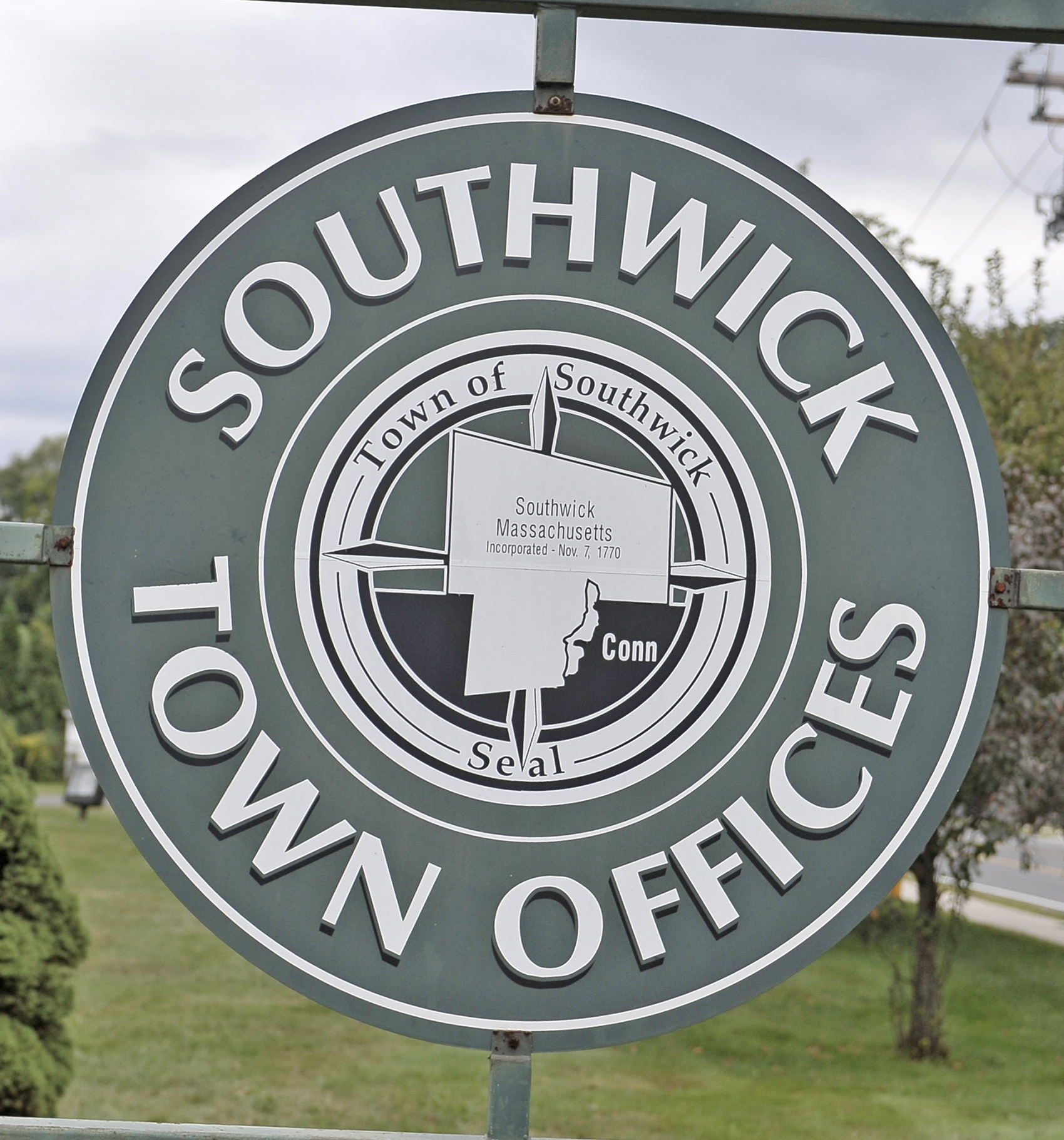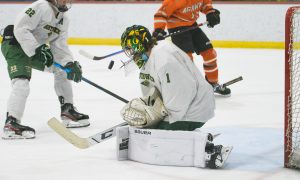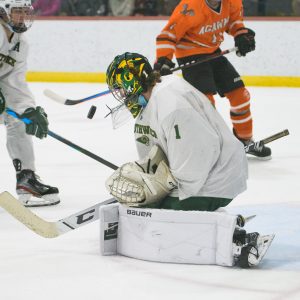SOUTHWICK – Notes taken by selectmen and the chief administrative officer during public meetings are now considered part of the record of the meeting and must be kept at Town Hall.
The Board of Selectmen discussed the issue, brought to their attention by Town Clerk Michelle Hill, at its meeting this week.
Regulations concerning open meetings were updated nearly three years ago to include notes.
Selectwoman Tracy Cesan said any notes scrawled on paper by board members or CAO Karl Stinehart during a board meeting must be submitted as part of the minutes.
“All documents from the board are subjected to the open meeting law,” said Cesan.
Notes taken during executive session are not subject to open meeting laws while that topic is open. Once it is closed, the notes become part of the minutes.
“I think anything put on the table for us or to us is going to be part of the record,” said Selectmen Chairman Arthur Pinell.
Cesan said she and the board’s administrative assistant, Sondra Pendleton, discussed an option to comply with the law but allow selectmen to retain their notes.
“Each one of us gets a three-ring binder and whatever notes we put in that she can make copies for the record and you can keep your binder,” suggested Cesan.
Pinell said he would keep that option “in mind” ad they move forward.
Selectman Russell Fox wanted to make sure all boards and committees were made aware of the note situation.
“Michelle gave every department a cheat sheet when the new laws came out,” said Cesan.
According to the website for Attorney General Martha Coakley, effective July 1, 2010, responsibility for the state-wide enforcement of the Open Meeting Laws, relative to local, county, regional, and state public bodies has been centralized in the office of the Attorney General.
The Open Meeting Law supports the principle that the democratic process depends on the public having knowledge about the considerations underlying governmental action. The Open Meeting Law requires that most meetings of governmental bodies to be held in public.
There are some exceptions, which are designed to ensure that, public officials are not “unduly hampered” by having every discussion among public officials open to the public. As a result, the Open Meeting Law provides for particular circumstances under which a meeting may be held in executive, or closed, session






